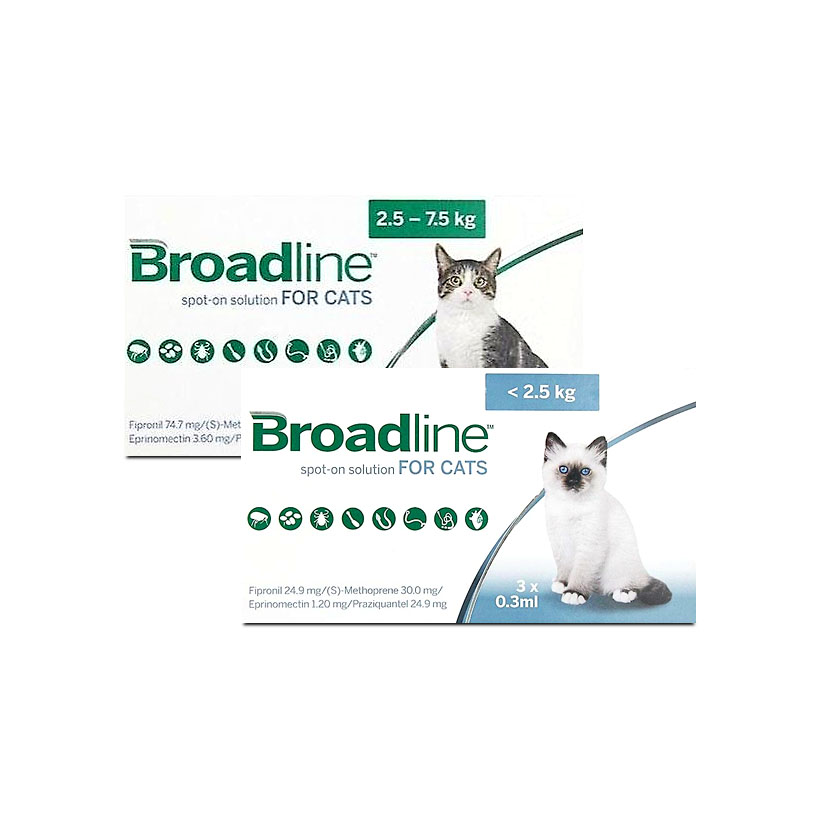Parvovirus
Parvovirus is a highly contagious viral infection in dogs that attacks white blood cells and the gastrointestinal tract. In puppies, it can also damage the heart muscle. The virus targets rapidly dividing cells, particularly in the bone marrow and gastrointestinal tissues. Parvovirus is life-threatening, especially in puppies, and prompt treatment is essential.
Parvovirus in Dogs
Puppies and adolescent dogs are most commonly affected by Parvovirus, while infections are rare in senior dogs. There are multiple strains of CPV-2, but they result in similar infections and symptoms. Vaccination is the primary preventive measure, especially for at-risk breeds such as German Shepherds, Rottweilers, Bull Terriers, and Doberman Pinschers.
Parvovirus Symptoms
Symptoms of Parvovirus include severe diarrhea, vomiting, lethargy, abdominal pain, and bloating. Fever or hypothermia may also occur. Persistent vomiting and diarrhea can lead to intestinal damage, septic shock, and immune suppression. Puppies may exhibit accelerated heart rate, hypoglycemia, and difficulty breathing when severely infected.
Parvovirus Treatment
Treatment focuses on countering infection and preventing complications. IV fluids and electrolyte regulation are standard to address dehydration and imbalance. Antiemetics, such as Metoclopramide, may be prescribed to control vomiting. Severe cases may require monoclonal antibody therapy or plasma transfusions to replenish proteins and clotting factors. Early and aggressive treatment increases survival rates significantly.
Signs & Symptoms
- Severe, bloody diarrhea
- Vomiting
- Lethargy and weakness
- Loss of appetite (anorexia)
- Fever or low body temperature (hypothermia)
- Dehydration (sunken eyes, dry gums)
- Abdominal pain or bloating
- Rapid weight loss
Anatomy
- Gastrointestinal tract
- Small intestine
- Immune system (lymph nodes, bone marrow)
Cause
- Infection with canine parvovirus (CPV)
- Direct contact with infected dogs or contaminated feces
- Contaminated surfaces, bowls, or bedding
- Lack of vaccination or incomplete vaccination schedule
- Weakened immune system, especially in puppies
Diagnosis
- Fecal ELISA test to detect parvovirus antigen
- PCR testing for parvovirus DNA in feces
- Complete blood count (CBC) to assess white blood cell count
- Physical examination for dehydration and abdominal pain
- X-rays or ultrasound to rule out other gastrointestinal issues
- Observation of clinical signs such as severe vomiting and diarrhea

